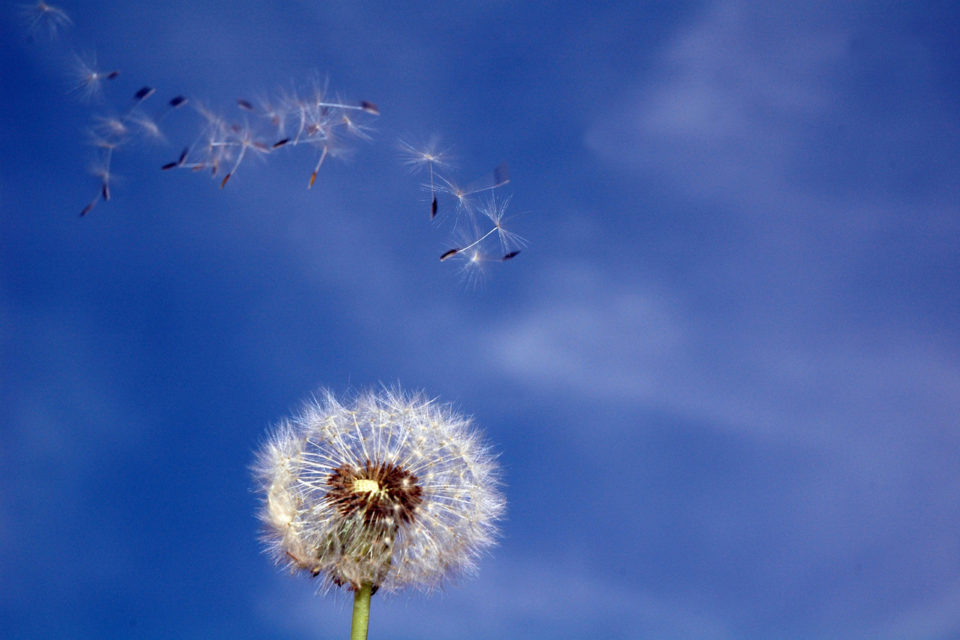Seasonal Allergy Solutions
A few days of warm weather is always appreciated after the long cold days of winter and with warmth comes smiles, short sleeves and outdoor activities. The snow melts, the grass starts peeking out and if the warmth continues, the flowers and leaves begin making their first appearance which brings with them…. the onslaught of seasonal allergies. Remember seasonal allergies? Sneezing, red eyes, a constant stream of fluid from your nose that never seems to go away despite all the blowing, it’s a delightful time for those in short sleeves but a bit unenjoyable if you’re the one with the endless supply of Kleenex shoved in your pocket.
So what’s the solution for natural allergy relief?
Pharmaceutically, people will use antihistamines which work to stabilize mast cells so they don’t release histamine. We like to focus on more natural remedies for allergies. In naturopathic medicine, we aim to achieve the same results by using supplements like bioflavonoids, essential fatty acids and homeopathic programs; however, we use a more preventative approach starting supplements before the onset of allergy season.
Bioflavonoids
Let’s take a closer look at the various elements of natural remedies for seasonal allergies. Bioflavonoids are the compounds which are responsible for the color in many fruits and vegetables. Bioflavonoids are antioxidants and immune system modifiers which regulate the immune reaction to seasonal allergens and other environmental agents. Quercetin is the most active of the bioflavonoids and functions as an anti-inflammatory agent. It helps inhibit the manufacture and release of histamine and seems to support the action of Vitamin C in the body which increases this antihistamine type effect. Other bioflavonoids derived from citrus and green tea show benefit as well. These seem to act more capillary permeability and blood flow which help control the swelling and discomfort that come from the histamine released during a seasonal allergy attack.
Omega 3’s
Another important component of natural remedies for allergies are Omega 3s. Omega 3s are essential fatty acids that are well known for being anti-inflammatory in nature. Omega 3’s have been shown to prevent heart disease, lower the risk of type diabetes and may show benefit for those suffering from seasonal allergies because of their anti-inflammatory effects. Increasing omega 3’s in the diet can balance out arachidonic acid which is produced from high consumptions of foods like meat and eggs. While these foods are healthy, they do result in arachidonic production within the body which creates inflammation. Foods like fish, flax and nuts, high in omega 3’s, promote an anti-inflammatory effect and may be beneficial in providing natural allergy relief for some of the symptoms that come from an allergic response.
Homeopathics
Homeopathics for desensitization to pollen – homeopathics work differently than vitamins or herbal products. We have used these homeopathic preparations for many years in the clinic and patients seeking natural remedies for allergies have told us they have great results from very simple allergy intervention programs. Homeopathic preparations seem to “desensitize” the body to the pollen and so when a pollen is encountered, the nervous system doesn’t have such a pronounced reaction which leads to less symptom presentation. They are inexpensive, simple to take and can be used for even the smallest allergy sufferer. Homeopathics are a complex concept and are better explained as part of a conversation. So if you are interested in natural allergy relief and would like to learn more, book an appointment for comprehensive information on these helpful solutions.
Spring is a great time of the year, we want you to get outside and enjoy it. Who loves springtime? With an effective seasonal allergy protocol. You do.
Is there a particular product that you have found effective? Write us and let us know.
Happy spring!
Dr. Chantelle Drobot Naturopathic Doctor

